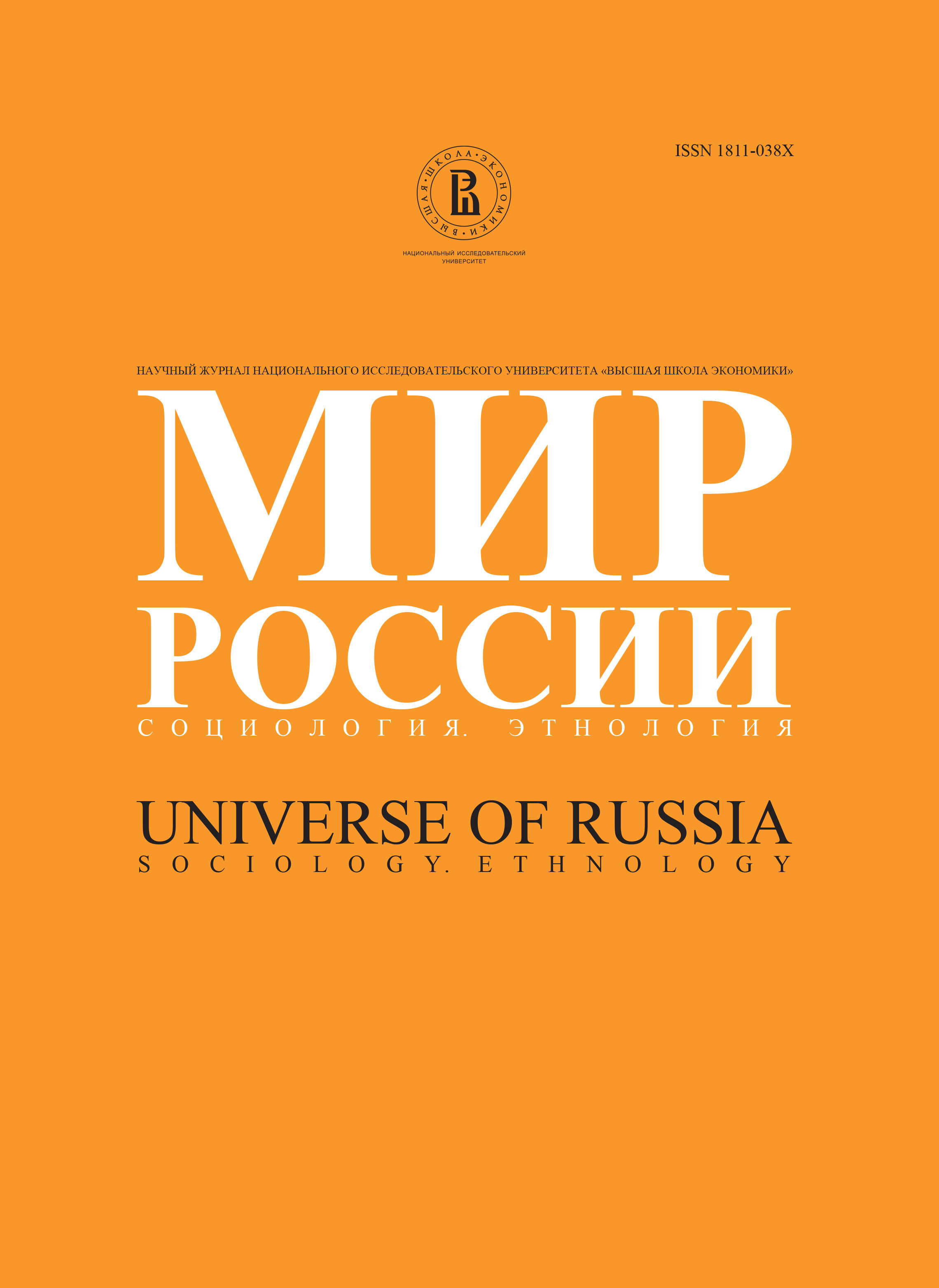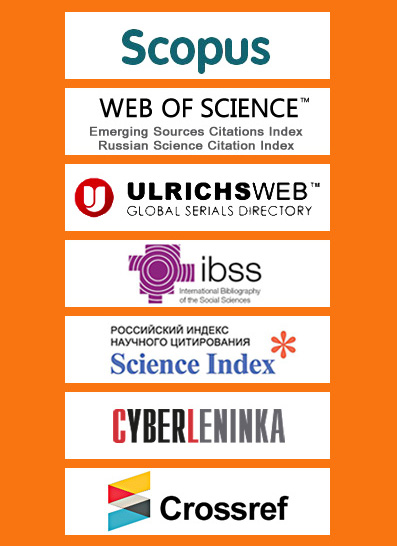Культ власти
Аннотация
This article addresses the impact of informal institutions, i. e. social practices, attitudes and belief systems, upon Russia’s recent economic development. Already in Muscovy a mental model emerged that supported an institutional lock-in that prevented Russia to constrain autocratic power and developed a regimes of rules instead of the rule of persons. This had great implications for economic development.Despite recent major social change, a coherent system of values and social practices proved to be quite resistant and functioned as an obstacle for social and economic development. The most pronounced problem that is penetrating all aspects of Russia’s society is the cult of power that determines the operating mode of its institutions. The cult of power is deeply rooted in people’s culture and therefore difficult to change. A cult of power manifests itself in, among others, legal nihilism and contempt for formal procedures, a low level of trust, related high barriers for cooperation and a type of networking that excludes outsiders. The cult of power permeates all aspects of social and economic life and underpins the neo-patrimonialism that currently dominates the Russia’s polity and economy. The cult of power undermines the governability of Russia.
It is reflected in the way the state bureaucracy functions. Diffusion of authority weakens the system of governance in Russia. The distinction between the political and the civil service aspects of government administration is blurred. The rule making authority extends to administrative subunits. Much is regulated by decrees and resolutions rather than by law. Relations within the bureaucracy are personalized and the system of ‘mutual favors’ is entrenched. A public service ethos is almost absent. The bureaucracy is a master in creating exceptions to general rules. The bureaucracy is often a rule maker and not a rule follower.
The judiciary is de facto often treated as a part of the state bureaucracy and subordinate to the Kremlin (or regional and local bosses). The weight of the bureaucracy in Russia is so overwhelming and dominated by client-patron relations that the Russia can be characterized as a bureaucratic regime. No polity has been created that is a reflection of society and that could adapt political structures to changing social needs, creating preconditions for evolutionary institutional change. The continuing deep divide between the state and society can be considered as one of the major causes of failed modernization attempts. In all successful economies there is an effective mutual interaction between state and society in all spheres of life.
After the disintegration of the Soviet Union and communism, loyalty of the elite to the state was promoted by the fact that the state was the most lucrative feeding ground and it gave elites the opportunity for career advancement and self-enrichment. Important lobbies are grouped around specific industries and related banks and, above all, based in specific regions.
Many factors in the sphere of informal institutions that explain the success of Western market economies and the newly industrialising countries in Asia are absent or weakly developed in Russia. It is argued that Russia is not only faced with market failure, but also with hierarchy and networking failure. It is all rooted in a blocked society.
Cultural-civilisational change is always slow, and frictions between change in this sphere and changes in the economic and political sphere occur. Economic policy should take into account the constraints imposed by inherited legacies. It means, for instance, that the state should play a developmental role and that strong political leadership is required to guide Russia towards a rule based economy with high levels of trust.
The interdependence of cultural and economic change is not widely researched by economists mainly because of the difficulties involved in establishing a clear and unambiguous link between the two. It is mainly non-economists who focused attention on this issue. The big challenge is to make a clear link between culture and economy that has explanatory power, predictive value and that can feed policy recommendations.
In the case of Russia there are striking similarities between economic culture nowadays and in Tsarist times. Here we assume that it is not only a question of learning from past generations but also one of reproduction of social practices at the unconscious level. As in any other society, in Russia the formal institutional infrastructure is embedded into an environment of specific belief systems and social practices that are very inert. In Russia this legacy can be traced back to Muscovy where a mental model developed that produced a fear for a regime of rules. There has always been in Tsarist Russia a revealed institutional preference for patrimonial rule. There were no constraints put on autocratic power. Even in times of weakness of autocratic power, the nobility did not demand rights. In Russia an institutional lock-in has been created that prevented a catch up with Western Europe. Modernisation attempts have been relatively short-lived and state led.
The Bolshevists would borrow many elements from the Tsarist experience, also in the field of economic policy. The revolutionary changes since the late 1980s revealed in many respects continuities, especially in the sphere of value systems and social practices.






